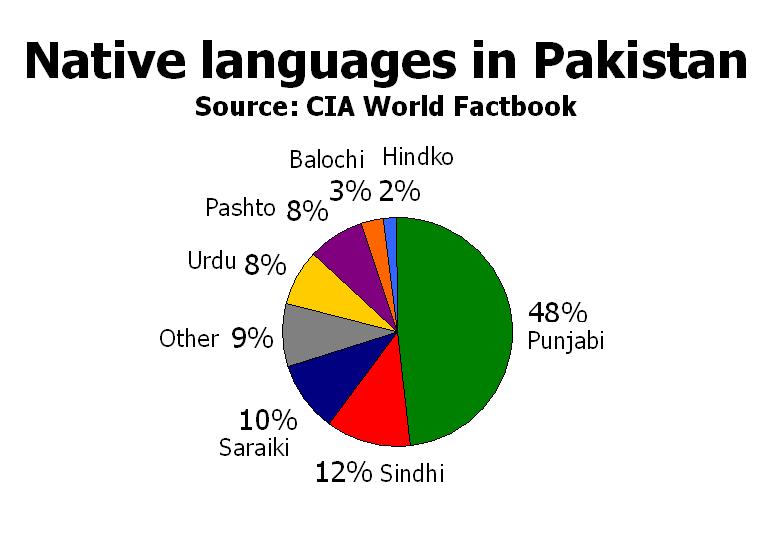
The emergence of corporatization has raised concerns about the erosion of indigenous languages, dearth of effective training, and the questionable value of education
SHOUKAT LOHAR
The education system in Pakistan has undergone significant changes over the years, with the emergence of corporatization in the sector. However, this transformation has raised concerns about the erosion of indigenous languages, the dearth of effective training, and the questionable value of education provided. Moreover, the proliferation of high-fee schools, the stationary mafia, fee hikes, and the disparity caused by exclusive pick-and-drop services have further compounded these issues. This article aims to shed light on the negative consequences of corporatization on education in Pakistan, emphasizing the importance of preserving indigenous languages, providing effective training, and ensuring quality education.

Genocide of Indigenous Languages
One of the most distressing outcomes of corporatization in education is the neglect and marginalization of indigenous languages. Many private schools prioritize English as the medium of instruction, leading to a decline in the usage and preservation of local languages. This trend not only erodes cultural diversity but also hampers students’ ability to connect with their roots and fully understand their heritage.
Dearth of Training
In the pursuit of profit and competition, corporatized educational institutions often prioritize quantity over quality. As a result, there is a dearth of effective teacher training programs and professional development opportunities. This leads to a compromised quality of education, as teachers may lack the necessary pedagogical skills to deliver engaging and effective lessons. Students suffer from rote learning and a lack of critical thinking skills, limiting their ability to excel in a rapidly changing world.
Task-Oriented Education
Corporatization has resulted in an educational environment that prioritizes completing tasks and assignments rather than fostering a deep understanding of concepts. Students are often burdened with an excessive workload, leaving little room for creativity, independent thinking, and holistic development. This approach hinders the potential for innovation and problem-solving skills, which are crucial for success in the modern world.
High-Fee Schools and Fee Hike Blackmailing
The rise of high-fee schools has created an educational divide, where quality education becomes inaccessible for many due to exorbitant fees. This not only perpetuates socioeconomic inequalities but also hampers social mobility and opportunities for underprivileged students. The issue is further exacerbated by fee hike blackmailing, where parents are coerced into accepting unreasonable fee increases, putting additional financial strain on families.
Also read: Privatization of Education: Effects on Individual Mind and Quality of Education
Stationary Mafia and Expensive Pick-and-Drop Services
Another unfortunate consequence of corporatization is the exploitation of parents through the stationary mafia, where schools compel parents to purchase overpriced stationery from specific vendors. Additionally, the provision of exclusive pick-and-drop services on expensive vehicles further widens the gap between students from different socioeconomic backgrounds, leading to feelings of exclusion and deprivation.
Importance of English and English Proficiency
While English language proficiency is crucial in the globalized world, corporatized educational institutions often prioritize English over local languages without adequately developing students’ proficiency in either language. This results in a lack of effective communication skills and undermines the true purpose of language learning. If English were to be ousted, these institutions would likely struggle to identify a unique selling point, highlighting the need for a comprehensive approach to language education.
Conclusion
The corporatization of education in Pakistan has led to a range of detrimental consequences, including the genocide of indigenous languages, a dearth of training, fee hike and deprivation of students of proper mentoring.
Read more:
Language Policy, Language Death and Vitality in Pakistan
______________
 Shoukat Lohar is Assistant professor in English at Mehran University of Engineering and Technology Jamshoro. He can be reached at Shoukat.ali@faculty.muet.edu.pk
Shoukat Lohar is Assistant professor in English at Mehran University of Engineering and Technology Jamshoro. He can be reached at Shoukat.ali@faculty.muet.edu.pk
[…] Read: Genocide of Indigenous Languages in Pakistan […]